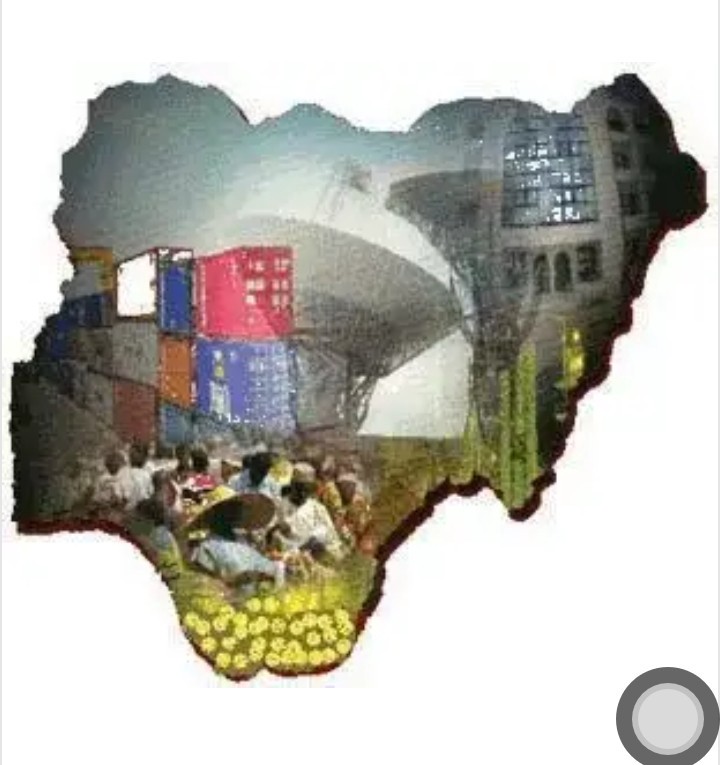Most African countries, including Nigeria, are blessed with abundant human and natural resources and yet the continent has the highest number of countries with poverty rating. This is because most of the countries structured their economies on mono or near mono export commodity.
Nigeria, for instance, since 1970s, has been on mono-cultural economy, relying heavily on oil as its major income earner. The implication is that the dynamics of the economy is at the whims and caprices of the oil market.
However, the outbreak of Coronavirus pandemic has plunged the global economy into serious crisis. In Africa, with economic meltdown of western countries, China and India, resulting in sharp decline in prices, demand and export of crude oil and other commodity products, most African countries, including Nigeria, have found themselves in serious financial limbo.
Again, the pandemic has exposed the poor and weak health system in most African countries as many of them are now being forced to put in place health facilities and equipment which ought to have been in place and serve the people before now. Furthermore, the pandemic brought the stark reality of mass poverty in Africa and absence of social security for the people. Today, many Africans hardly maintain a square meal daily, while some depend on palliative measures from governments and philanthropists.
However, the good news is that the outbreak of COVID-19 has shown how susceptible African countries are to economic shocks and fluctuations in currencies and commodity prices. It has confirmed that a downturn in commodity prices, mono-product economies like Nigeria suffer economic threat. Presently, the collapse in oil prices has resulted in budget deficits, forcing downward review of the 2020 budget and depletion of foreign reserve.
This development has highlighted the truth and reality to African countries that sustainable economic growth depends on diversification of the economy to escape the burden of mono-economy. Diversification will help protect African economies from external macro-economic shocks, ensure that trade volume grows and sustain higher productivity in the economy.
The most effective way to diversify the economy is to encourage and build private sector-driven economy that will help reactivate income-generating activities in underdeveloped sectors through effective public-private sector partnership.
Before the discovery of crude oil in Nigeria, Agriculture remained the highest natural revenue earner, largest employer of labour and backbone of National economy as there was concerted effort to develop indigenous technology based on agricultural raw materials to feed young emerging industries. Unfortunately, the oil boom and its flamboyant excesses denied the country a good opportunity of becoming self-reliant and global economic force to reckon with.
As the global economy continues to nosedive with attendant hardship, hunger and poverty, Nigerians should now shift attention from oil to agriculture to protect the future of youths and up coming generations.
The federal government should start with adequate allocation of funds to the sector and provision of interest free loan to genuine farmers to enable them access modern farming equipment, farm inputs, processing and storage facilities that will facilitate commercial agriculture. There is equally need to establish agro-allied industries across the country to build export capacity.
Fortunately for Anambra state, the Obiano administration has, before now, attracted investments that repositioned the Agricultural sector in the state. The administration recently initiated the Ugbo Azu Uno agricultural scheme, geared towards mobilizing the people to participate actively in farming to achieve food security.
Africa’s policy makers should face the reality of the day and discard economic reform programmes that give the people much food for thought but very little for the stomach.





Comments are closed for this post.